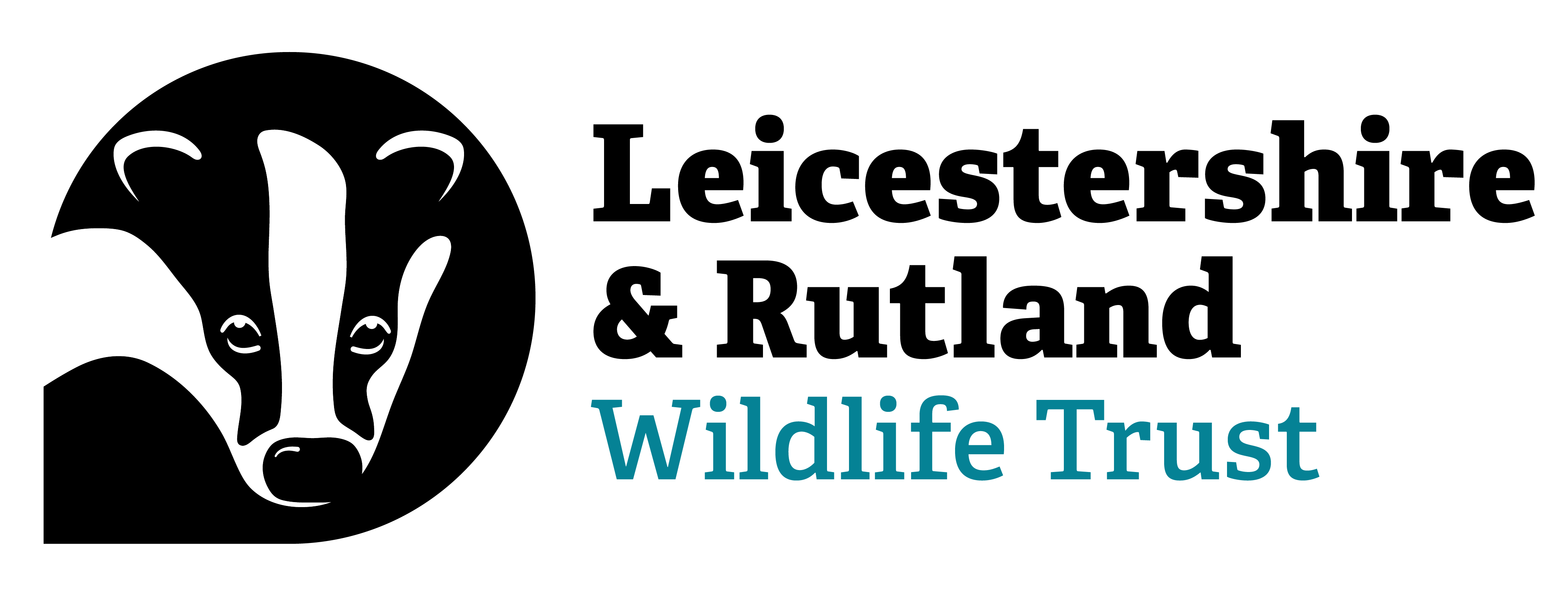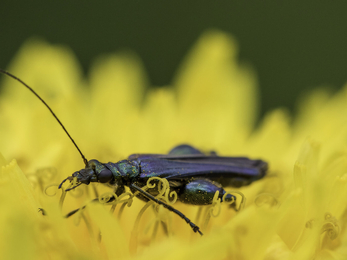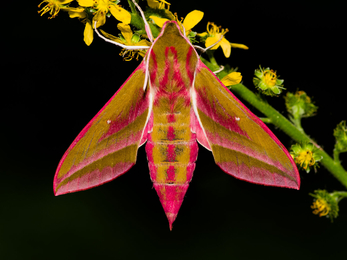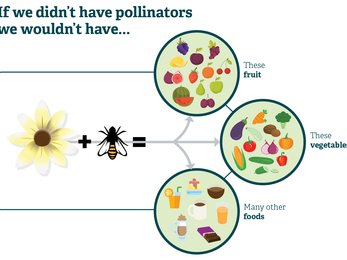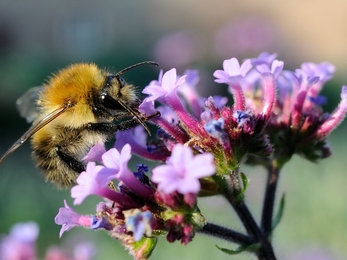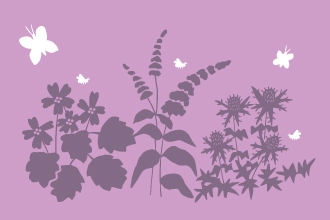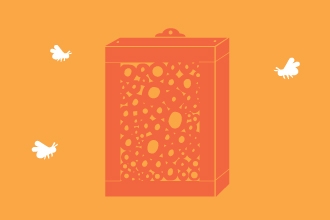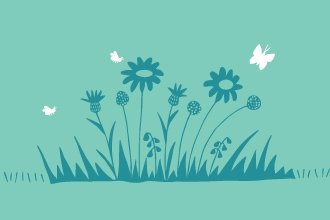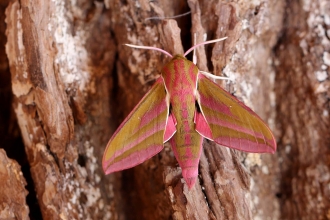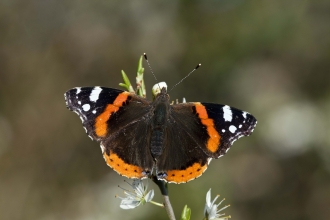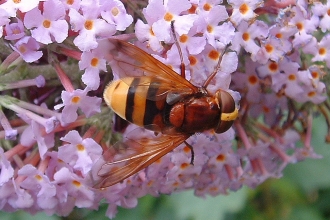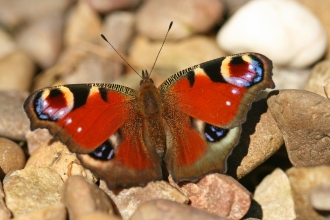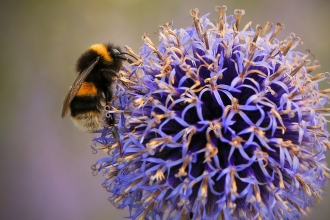Protect our Pollinators
Did you know we have pollinators to thank for every third mouthful of food we eat?
3 out of 4 of all the crops that we grow require pollination by insects and without them, the availability and diversity of fresh food would decline dramatically. Not only do they pollinate our food crops but they are vital for the reproduction of other wild plants that support so much of our wildlife.
Yet sadly, pollinators are seriously under threat, three species of bumblebee have become extinct in recent decades and one in ten species of wild bee face extinction. Many species of moths, butterflies, beetles and hoverflies are also in trouble.
However, it is not too late to turn it around. We are doing vital work across Leicestershire and Rutland to help protect our pollinators and with your support we can continue this work.
What are we doing to help pollinators?
Managing Nature Reserves
Our 35 nature reserves spread across Leicestershire and Rutland provide space for nature to recover, each one is carefully managed and protected to help wildlife, like pollinators thrive. For example, species-rich grasslands provide food and shelter for pollinating insects.
Working with Landowners
We work with local landowners to help them make their land a better place for wildlife. Much of this supports pollinators, for example, we advise leaving messy corners and field margins where pollinators can breed and hibernate.
Surveying and Recording
We monitor, study and survey grassland plants and pollinating insects to identify special places and important species. This tells us which areas needs protecting and enhancing to help pollinators thrive.
Engaging People with Nature
Across Leicestershire and Rutland, we work with schools, businesses, community groups, organisations, councils and individuals to educate and encourage a love of wildlife, and inspire people to take action for precious species like pollinators.
Why are pollinators so important?
Most of us tend to think of bees in relation to pollination, however many species of bee, moth, butterfly, hoverfly, fly and beetle are pollinators.
85-95% of the UK's insect-pollinated crops rely on wild pollinators, around £690 million worth of crops annually. If we did this job ourselves it would be very difficult and would cost around £1.8 billion each year!
87% of all plant species require animal pollination, most of it delivered by insects – that is pretty much all of them except grasses and conifers. These plants are vital for so many other species to survive and are an integral part of our ecosystem.
Why are pollinators in decline?
Habitat Loss
Due to changes in land management, increased land use and expansion of urban developments we are losing natural spaces required for pollinators to thrive.
Pesticides
Pesticides are harmful to insects, the overuse of chemicals has caused dramatic declines in pollinator species. Weed killers can remove essential food plants and pesticide residue can also be picked up by foraging pollinators and taken back to their nest or colony.
Climate Change
Climate change is having a devastating impact on our natural world. Rapid changes in our environment mean that many species cannot adapt quickly enough and so are declining.
Make a difference today
£20 could pay for materials needed to install a bee hotel in a community garden
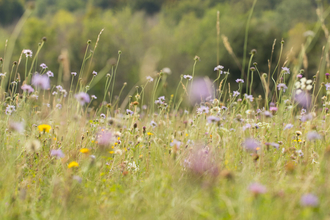
£100 could pay for wildflower seeds to regenerate a wildflower meadow
£500 could train 10 volunteers to survey and record pollinators and plant species
Help pollinators at home
Here are five simple actions you can take at home to help pollinators 🐝
- Plant for pollinators: Grow more nectar-rich flowers, shrubs and trees to provide for pollinators throughout the year.
- Let your garden grow wild: Leaving patches of land to grow wild let wildflowers grow and make great nesting and feeding sites.
- Put away the pesticide: They can harm pollinators and many other beneficial invertebrates. Consider alternatives and only use pesticides as a last resort.
- Leave the lawnmower: Cut your grass less often, and remove cuttings to let plants flower.
- Build a bee hotel and avoid disturbing or destroying nesting or hibernating insects in grass margins, bare soil, hedgerows, trees, dead wood or walls.
